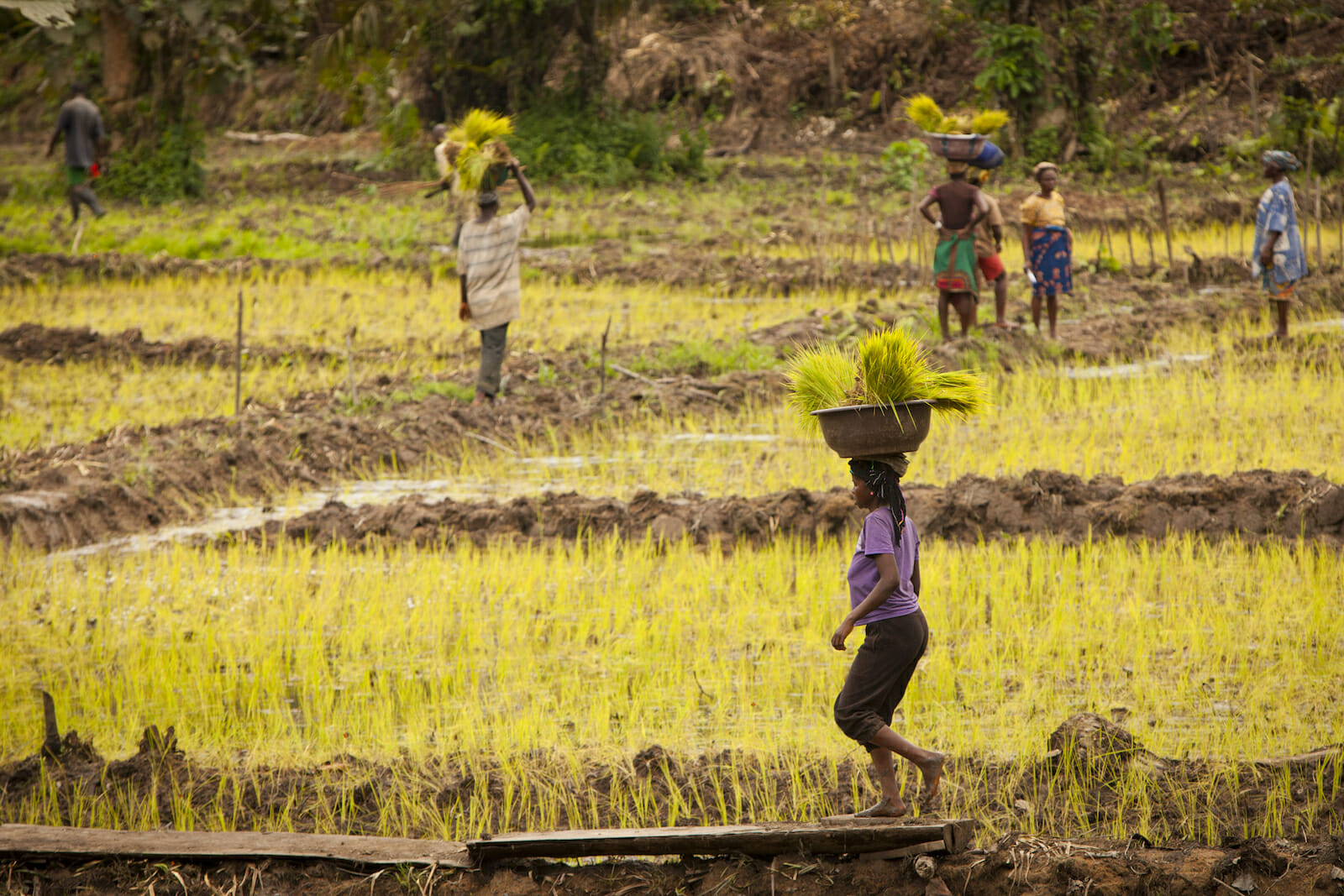
Why African Agriculture is a Global Issue
It’s a little strange that an issue such as African agriculture has such a high international profile. If you check around the Internet over the past weeks you will find it popping up all over. You have a feminist aspect that makes the point that women on the farm do the work but don’t reap the benefits. There is the development argument debate about switching from small grower self-sufficiency to large scale agro-business. The political angle is less loudly broadcast, as smallholders are the largest voting block by far, and politicians might be wary of reminding them of that fact. Oh yes, there’s the natural heritage view that is unsupported and misunderstood. African small farmers hold in their hands the fate of iconic species such as lion, elephant, and rhino. And finally, there’s the prediction that climate change will impinge most on those without means and the resulting disruption will reap havoc across the continent and reverberate beyond.
And then there is the minority view that if nonpartisan clear-sightedness can be brought to bear, and the rights steps are taken, African agriculture and small growers can be the solution to these problems, not the cause.
I put in two decades working in big-ag and with smallholders in Tanzania. During that time, I prepared umpteen business plans and project documents. Earlier on, I spent nine years in the Congo and got a sense of the situation there. The agricultural potential is nothing short of staggering. Before that, I crossed the Sahel during the last days of the ‘84 drought, so I also have an experiential picture of the downside and how close farmers (and herdsmen) are to the edge.
One thing that I found interesting in my online perusal of those recent African agriculture articles, is the lack of discussion on the commercial aspect, the market chain as we used to call it. If you’ve ever been short of money or living hand to mouth till payday, you will know how focused you become as payday arrives. The priorities are there and when the money comes, you do what is necessary. You don’t do what is right and what is best for your future, you do what you must for you and your family. Typically, that involves a very tough set of decisions. Once every few years, a bumper comes along and you have elbow room and choice. Equally inevitably are the bad years, when survival is the best you can hope for.
Farmers sell at the local market or to intermediaries. Typically, in Tanzania for instance, you grow maize and the money you receive is your main income. That’s the point when you are going to make decisions: How much do you want to save for your daughter’s education or mother’s hospital bills? It drives if you are going to participate in benevolent elephant patrols or be a gofer for the local poacher gang. Decisions involve holding seed-stock or selling it for a few extra bucks. Farmers who are making those decisions, do it within a community and it gets discussed and talked over at village meetings, which are the foundation of all African politics.
So, African agriculture fits into the global narrative at some key high profile points. It is being talked about, more and more widely, by more and more people. Often though, it appears those people are talking about it to advance agendas conceptualized far away. If one imagines for a moment the life of small growers in Africa it might be more advantageous to consider what would really benefit them. We should help them find a fair market that didn’t cheat them, didn’t force them to plant the wrong seeds, had finance options to help through the bad days and didn’t work in the back room with the wrong politicians.
I agree with many of the opinions about the pivotal situation of African agriculture. It’s becoming ever more critical in environmental, economic, biodiversity and political terms. We can all help those mega issues if we support programs to help farmers get a fair shake on payday.

